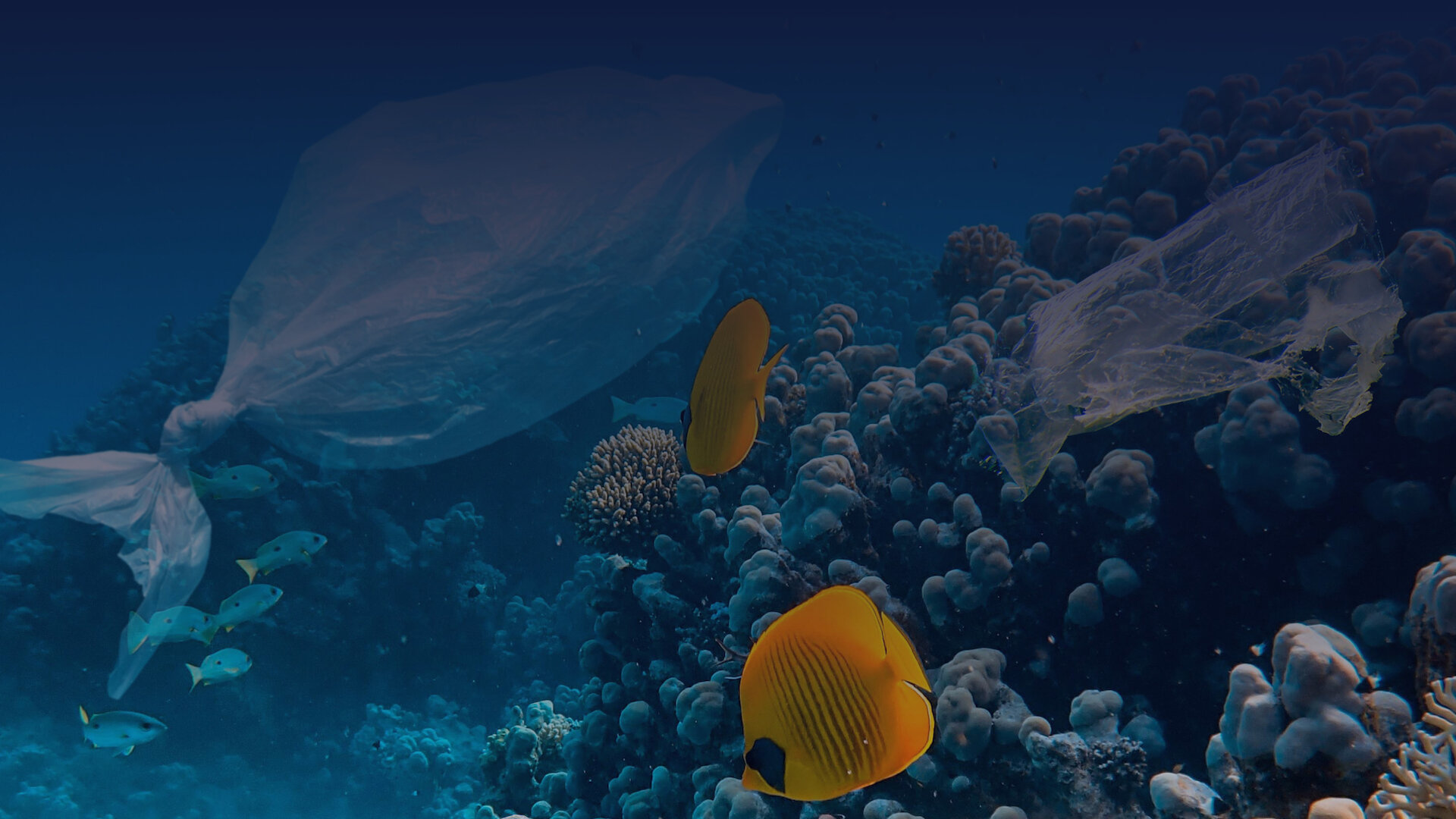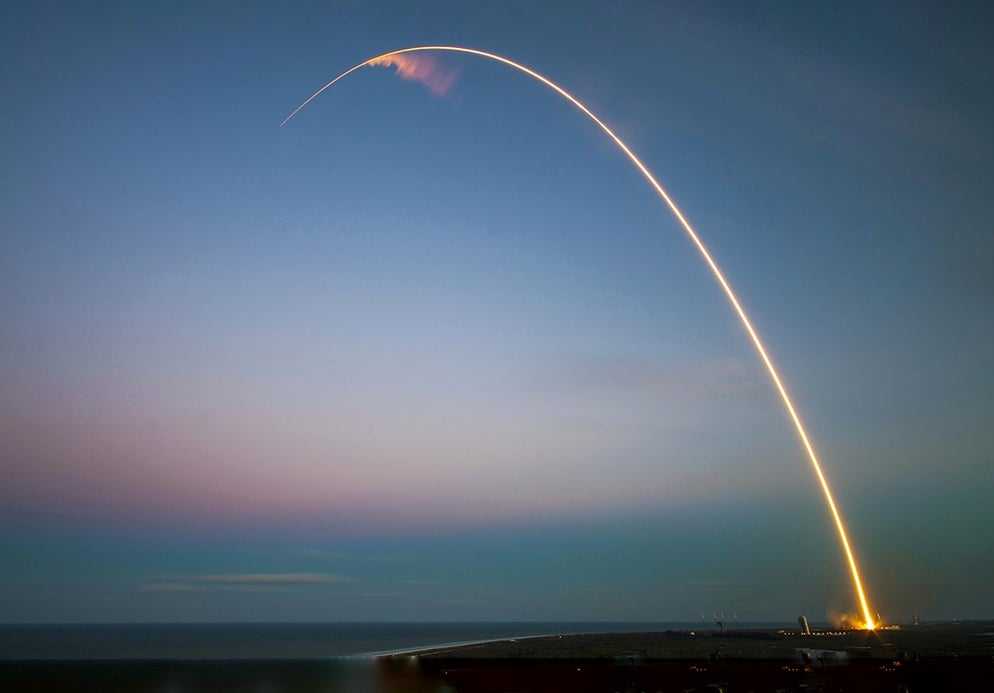(UNOOSA):2,588 satellites were launched into orbit in 2023
Debris dumped in the ocean during the launch of spaceflight activities could potentially harm the environment – and conversations around the issue are taking off.
The fast-growing commercial space industry has seen record numbers of rockets, satellites and objects launched into outer space. According to the United Nations Office for Outer Space Affairs (UNOOSA), 2,588 satellites were launched into orbit in 2023 alone, compared to roughly 150 per year between 1957 and 2012.
However, a gap in existing international regulations means it is difficult to assess and manage the waste generated by these activities.
Commercial space industr

Addressing the meeting of the United Nations Committee on the Peaceful Uses of Outer Space (COPUOS 67) in Vienna (19-28 June), IMO Technical Officer Mr. Andrew Birchenough said: “From the information gathered and available, we can assume that space launches are increasing, but we need to assess if such disposal activities currently fall outside of any regulatory system.”
Dumping wastes at sea
IMO implements the two main global agreements that directly address the issue of dumping wastes at sea: the Convention on the Prevention of Marine Pollution by Dumping of Wastes and Other Matter, 1972 (London Convention); and the 1996 Protocol to the London Convention, 1972 (London Protocol).
Concerns about the potential marine impacts of debris falling from rocket launches were first raised at the London Convention and Protocol Scientific Groups meeting in 2018. These include the release of toxic substances; disturbances to the seabed and seabed organisms; marine litter and underwater noise.

London Convention and Protocol Parties
The London Convention and Protocol Parties have since been investigating this issue, but limited information is available in the public domain. They have identified that more information is needed to properly assess effects on the marine environment, with a view to considering whether these activities fall within the regulatory remit of the treaties.
Collaboration and knowledge-
Collaboration and knowledge-sharing among agencies and Member States is crucial to advance the work.
“We would very much like to engage further with UNOOSA, COPUOS and its Members States to illicit more information and discuss ways forward to ensure any impacts from these activities can be considered and reduced,” said Mr. Birchenough.
The Parties to the London Convention and Protocol will further discuss the issue at their upcoming meeting in London from 28 October to 1 November 2024.




